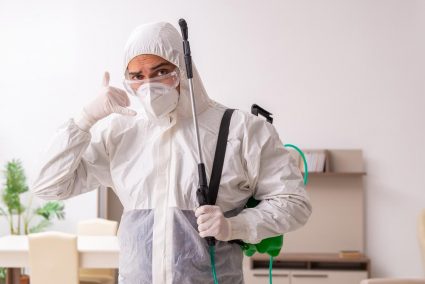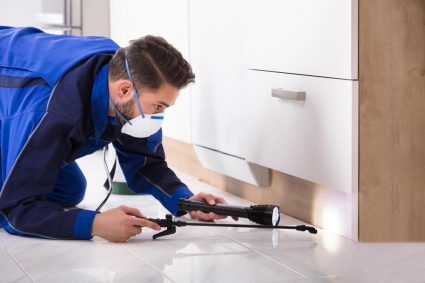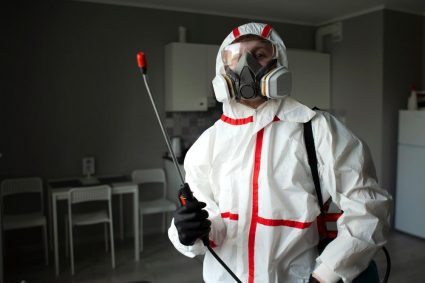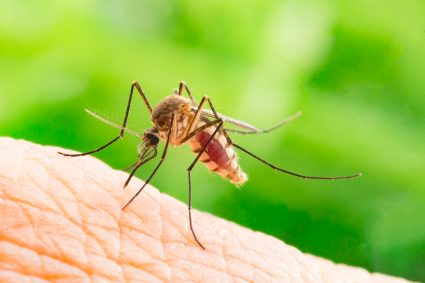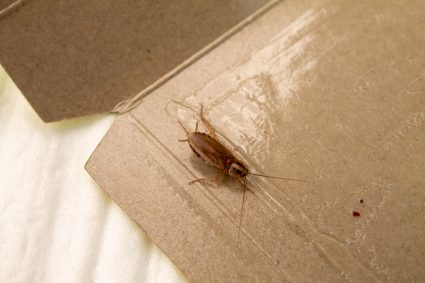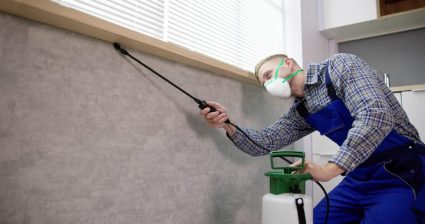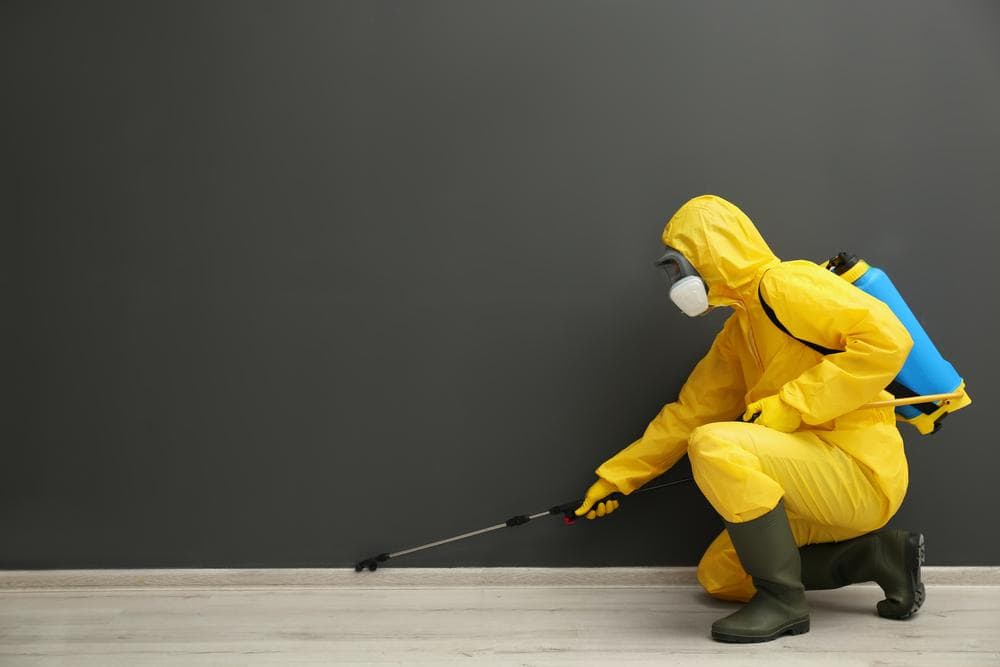
Fumigation is a commonly used method for pest control that helps eliminate a variety of bugs. But, does it kill all bugs? The answer is nuanced. While fumigation can effectively kill many types of bugs, it may not eliminate all of them in every situation. The effectiveness of fumigation largely depends on factors such as the type of fumigant used, the concentration of the fumigant, the duration of exposure, and the specific pests being targeted.
Fumigation is a powerful method of pest control that can effectively kill many types of bugs, including bed bugs, drywood termites, and powderpost beetles. However, it may not eliminate all bugs in every situation. The effectiveness of fumigation depends on factors such as the type of fumigant used, the concentration of the fumigant, the duration of exposure, and the specific pests being targeted. Some insects may have developed resistance to certain fumigants.
What is Fumigation and How Does it Work?
Fumigation is a method of pest control that involves filling an area with gaseous pesticides, or fumigants, to suffocate or poison the pests within. It is used to control pests in buildings, soil, grain, and produce. This method is also used during the processing of goods for import or export to prevent the transfer of exotic organisms.
Fumigation involves a process that can take up to three days and two nights. During this process, a trained pest management professional releases a fumigant into the tented area, which then circulates throughout the structure to reach cracks and crevices where pests can hide and thrive. The fumigant penetrates these spaces, depleting the pests’ oxygen, affecting their nervous systems, and ultimately causing their death.
What Types of Bugs Does Fumigation Effectively Eliminate?
Fumigation is an effective method for eliminating various types of pests, including:
- Bed bugs
- Drywood termites
- Powderpost beetles
- Other insects present in the home at the time of treatment
Fumigation works by using gaseous chemicals to infiltrate spaces where pests hide, suffocating and killing them. It is particularly useful for pests that are difficult to reach or eliminate using other pest control methods.
Are There Any Insects That Are Resistant to Fumigation?
Yes, there are insects that have developed resistance to fumigation. Resistance to fumigants, such as phosphine, has been frequently reported in insect pests of stored products. Resistance to fumigants is a genetically controlled and heritable trait that allows the carriers to survive a dose of the fumigant that would otherwise be lethal.
How Long Does it Take for Fumigation to Kill All Bugs?
The time it takes for fumigation to kill all bugs depends on various factors, such as the type of pest, the severity of the infestation, and the fumigation method used. In general, it can take several days or even weeks to eliminate a pest infestation completely.
What Are the Risks of Not Fumigating a Home?
Not fumigating a home can lead to various risks. These include structural damage, health risks, decreased property value, and the spread of infestation. It is essential to weigh the risks of not fumigating against the potential health risks associated with fumigation chemicals.
Are There Alternatives to Fumigation?
Yes, there are several alternatives to fumigation that can be equally or more effective, depending on the specific pest problem and the extent of the infestation. These alternatives include heat treatments, biological control, non-toxic pest control solutions, Integrated Pest Management (IPM), and orange oil treatment.
What Should Homeowners Do After Fumigation?
After fumigation, homeowners should take several steps to ensure no bugs return. These include removing sources of food, water, and shelter for pests; keeping the home clean and well-maintained; sealing off cracks and holes; repairing damaged or warped doors and windows; and regularly inspecting and repairing any torn window screens, mosquito nets, and other barriers that protect against pests.
In conclusion, while fumigation is a powerful tool for controlling many types of pests, it may not guarantee the complete eradication of all bugs in every situation. It is essential to consult with a pest control professional to determine the most appropriate method for your specific situation.
Frequently Asked Questions
Can I stay at home during fumigation?
No, it is unsafe to remain in your home during fumigation. The chemicals used in fumigation are toxic and can cause harm to humans and pets. You will need to find alternative accommodation for the duration of the fumigation process.
How long after fumigation is it safe to return home?
Typically, it is safe to return home 24 hours after the fumigation process has ended. However, this can vary depending on the type of fumigant used and the size of your home. Your pest control professional will provide you with a more accurate timeline.
How can I prepare my home for fumigation?
Before fumigation, you should remove all people, pets, and plants from your home. You should also seal or remove any food, medicine, and personal items. If you have a gas line, you’ll need to contact your gas company to have it turned off for the duration of the fumigation process.
Is fumigation harmful to the environment?
Some fumigants can be harmful to the environment if not properly managed. They can deplete the ozone layer and contribute to air pollution. However, many pest control companies now use “green” fumigants that are less harmful to the environment.
Can fumigation damage household items?
Generally, fumigation does not cause damage to household items. However, some items, like rubber, oil paintings, and certain types of plastics, may be sensitive to fumigants. It’s best to remove or protect these items before fumigation.

